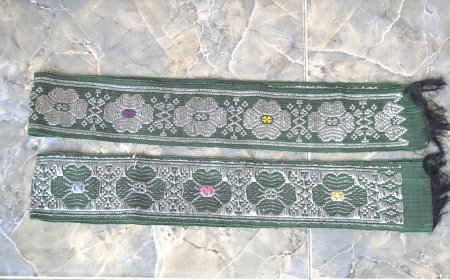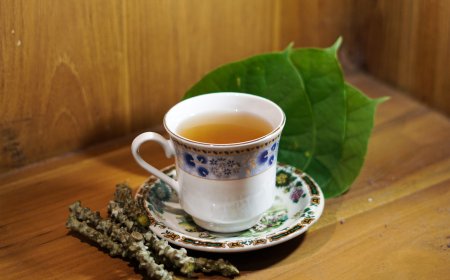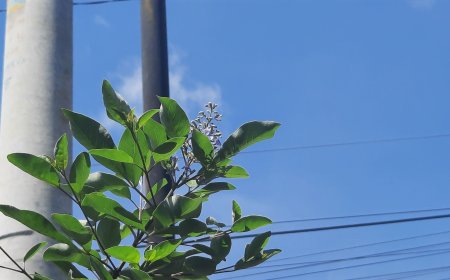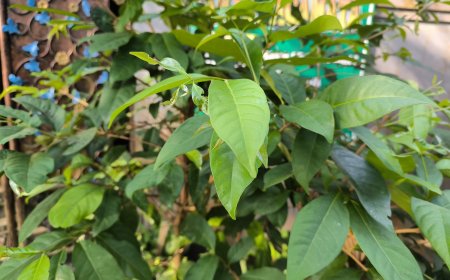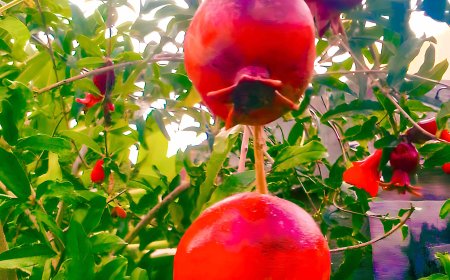The Efficacy of Fennel Plant as Traditional Balinese Herbal Medicine
"Fennel" may be the name of one of these plants that is familiar to the community. what is fennel? yes, one of the herbal plants that has a variety of health benefits. Fennel is widely used as a culinary spice, medicinal plant, and traditional medicine. The benefits of Fennel are said to be good for health because this plant contains many substances and nutrients that are believed to prevent disease and facilitate breast milk. In Usadha Bali Fennel is used as a traditional medicine that is used to cure several degenaritic diseases. For further explanation, let's take a look at this article.
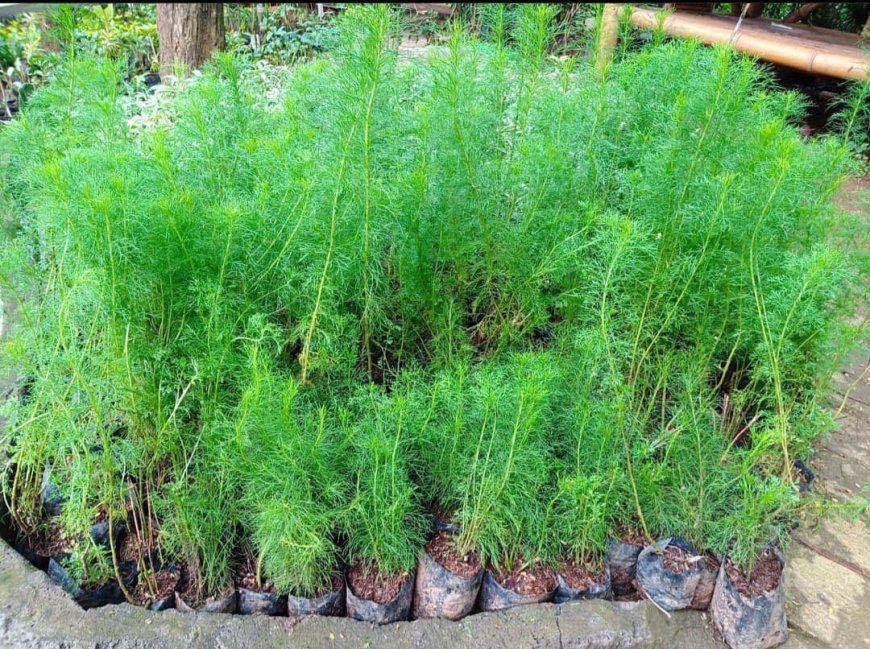
This Usadha is included in the Usadha Dalam because this plant contains limonene, fatty oil, stigmasterol, kamfena, limonene, arginine, umbeliferona, sugar, saponins, flavonoids, polyphenols, anetol, phenkon, pinen, dipenten, felandren, methylcavicol, anisaldehyde and anisic acid, limonene, estragol, terpinen, which can be used for the treatment of swollen feet feeling pain and heat. In addition, the herb from the fennel plant can also be used for the treatment of buh disease, swollen feet that feel sore and hot, and wounds caused by snake bites.
Fennel has a name based on lontar usadha, scientific name, and Indonesian name. Indonesian Name: Fennel, Scientific Name: Foeniculum vulgare, Usada Name: Fennel, Puspa Tandah. Fennel is a spice and medicinal plant with many health benefits that has been an integral part of Balinese life for centuries. The traditional Balinese use of fennel as a medicinal plant has deep roots and has evolved throughout the island's history. The history of Fennel utilization in Bali dates back to ancient times, when the ancestors of the Balinese people discovered the wonders of this plant.The natural extracts from its fruits and seeds are widely processed into aromatherapy, telon oil, and traditional medicine. These plants include flowering plants and perennial plants. Fennel plant is a long-lived plant that has a height of 50 cm - 2 m, growing in clumps.
Uses of the Fennel Plant

Fennel plant leaves (source: personal collection)
"Then for the Balinese people Fennel is usually used for what medicine?" Traditionally in the Balinese usadha, fennel is used for the treatment of buh disease, swollen feet that are painful and hot, and wounds caused by snake bites. The use of fennel in usadha bali is as a medicine for buh disease (a disease that shows symptoms of swelling in the abdominal cavity) with no known cause. The medicinal ingredients are fennel, onions and amethyst leaves which are then processed into an ointment. For swollen feet that are painful and hot, the ingredients are fennel, onions, dap-dap leaves and candlenuts. The ingredients are chewed and sprayed on the swollen part. And Wounds caused by snake bites, the ingredients are fennel, paspasan root and rice washing water. Fennel and paspasan roots are ground, then mixed with rice washing water and applied directly to the bite wound.
In addition to the above uses, fennel plants can also be used as other traditional medicines, including for stomach pain, jaundice, appetite stimulants, shortness of breath, cough with phlegm, menstrual pain, irregular menstruation, increase breast milk, overcome insomnia, swelling of the sperm ducts, accumulation of fluid in the sac of the testicles, gouty rheumatism, poisoning of medicinal plants and fungi, coughing, flatulence, colic, thirst, improve vision.
Ingredients and Nutrients in Fennel Plants
"What is the content of this fennel plant?" Well so Fennel contains essential oils such as anethole, limonene, fenchone, estragol, safrole, alpha pinene, beta pinene and p-cymen in the dulce variety. The Vulgare variety contains many volatile oils but contains the most fenchone so it has a more bitter taste. Fennel's health benefits come from the nutrients and active ingredients it contains. This low-calorie variety of fennel contains many important nutrients, such as:
- Fiber.
- Complex carbohydrates.
- Protein.
- Many vitamins such as vitamin C, vitamin B, vitamin A and vitamin K.
- Minerals including calcium, iron, potassium, magnesium and manganese.
Some research results show that fennel contains many active compounds with antioxidant properties. Fennel also contains many chemicals that have antibacterial, antiviral, anti-inflammatory effects and inhibit the growth of cancer cells.





































